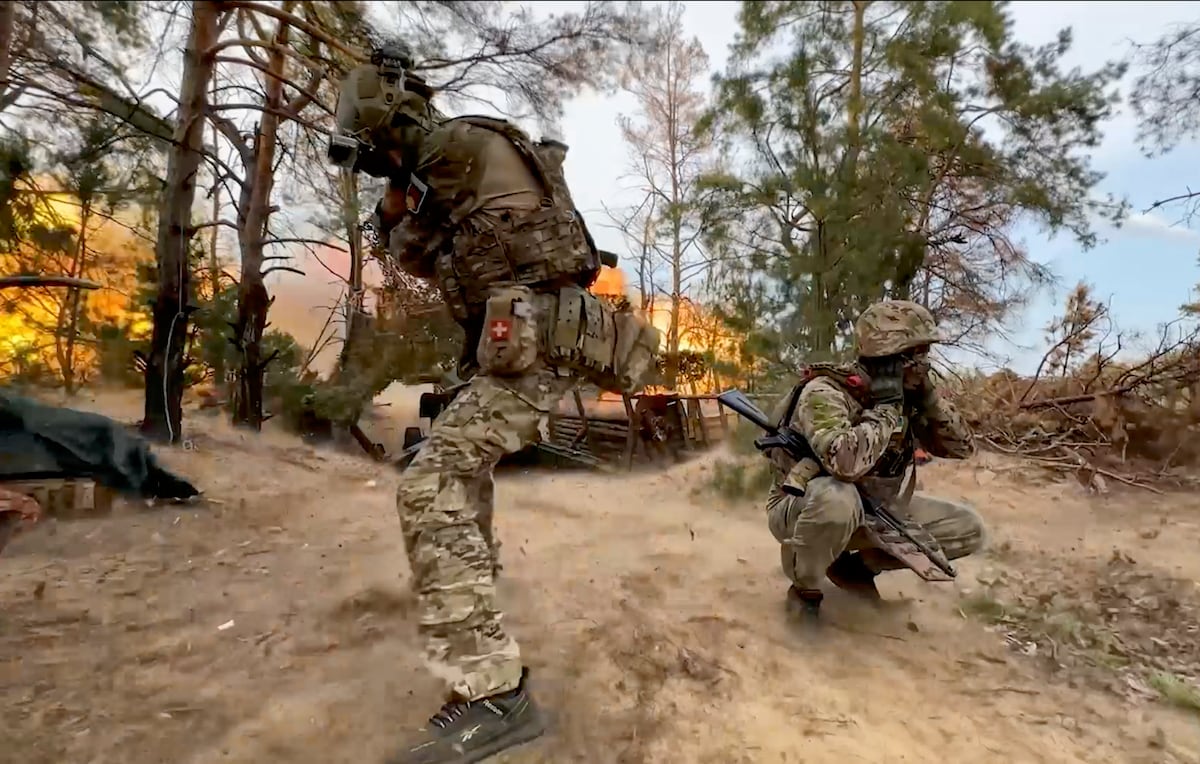Putin Launches Initiative for Psychological Support: New Online Paths for Aspiring Experts

Putin Orders Nationwide Drive for Psychological Recovery: New Online Pathways for Aspiring Experts
Presidential Directive Sparks National Response
The Russian head of state has given a clear mandate: comprehensive psychological support must be provided to all individuals returning from deployment in active conflict areas. This announcement marks a pivotal moment in national policy, underscoring the significance of mental health reintegration for service members who have faced the realities of modern military engagement. The move comes at a time when the demand for qualified mental health practitioners has reached a historic peak, testing the resilience of existing medical and support infrastructures. Recognizing the enormity of the challenge, authorities are looking to both public and private institutions to expand capacity and deliver impactful solutions.
This strategic emphasis on psychological well-being is rooted in the recognition of service-related trauma and the complexities associated with reintegration into civilian life. The visible rise in veterans experiencing distress has created an urgent need for more professionals equipped with the latest therapeutic tools. At the highest levels, the initiative reflects the resolve to address a decades-old gap that became prominent during previous waves of demobilization. By placing psychological support at the forefront of veteran care, the administration is aiming to prevent the recurrence of past pitfalls and foster a society resilient to the cascading effects of post-conflict trauma.
Within this evolving landscape, a renewed focus is being placed on both the quality and accessibility of mental health services. The government’s action plan suggests not only an increase in available practitioners but also the modernization of delivery modes and a broad-based educational push. This interlocking approach is intended to reach the widest possible audience, including those in remote locations, and ensure that returning individuals are supported at every stage of their transition.
Modern Educational Pathways for Mental Health Practitioners
With the pressure mounting to train more specialists, the nation’s leading psychological institute has responded with a dramatic expansion of its academic offerings. Prospective students can now access rigorous educational programs through a robust online platform, breaking down traditional barriers to entry. The curriculum is designed for maximum flexibility, allowing enrollees to select a pace and schedule that suits their personal and professional commitments. This innovation represents a major step forward in democratizing mental health education, opening doors for a new generation of practitioners.
The virtual classroom leverages interactive lectures and direct engagement with experienced faculty members, ensuring knowledge transfer is both dynamic and practical. Participants are immersed in real-world scenarios and gain hands-on experience, equipping them to confront the specific challenges faced by those emerging from combat environments. Upon successful completion, graduates receive certification recognized by the state, enhancing their credibility in the field. The program’s structure guarantees lifelong access to course materials, allowing for continual professional growth in response to evolving best practices in psychological support.
This approach is especially timely given the chronic shortfall of skilled mental health professionals, a reality that has long constrained response efforts across the country. By prioritizing remote learning, the institution addresses logistical constraints and empowers working adults, recent graduates, and career changers alike to contribute meaningfully to national recovery efforts. The program’s accreditation under official licensure further reassures both students and future employers of its rigor and adherence to established standards.
Accessible Opportunities and Incentives for Future Experts
The collective urgency to bolster the mental health workforce is reflected in a range of newly introduced incentives aimed at lowering barriers to enrollment. Significant financial concessions, including substantial tuition reductions, make advanced study more accessible than ever before. Additional promotional benefits are available for those actively engaged with the institute’s communications channels, broadening the reach and appeal of the initiative. Flexible payment solutions further accommodate diverse financial needs, ensuring that aspiring specialists from all walks of life can participate in this nation-building endeavor.
These measures are tailored to attract candidates committed to serving on the front lines of psychological recovery. The structure of the program empowers enrollees to balance their studies with work or family responsibilities, facilitating a smooth path from education to practical application. The ultimate goal is to cultivate a talent pool capable of meeting the escalating needs of veterans and other affected populations, reinforcing the country’s reputation for resilience and adaptability in the face of unprecedented challenges.
This coordinated response, driven by high-level policy changes and institutional innovation, aims to transform the way mental health care is delivered to those who need it most. By harnessing technology, updating curricula, and offering robust support to students, the nation stakes a claim on a future where effective psychological rehabilitation is within reach for all who have served. Motivated individuals are encouraged to seize this opportunity, shape the next chapter of national recovery, and play a vital role in building long-term societal well-being.
